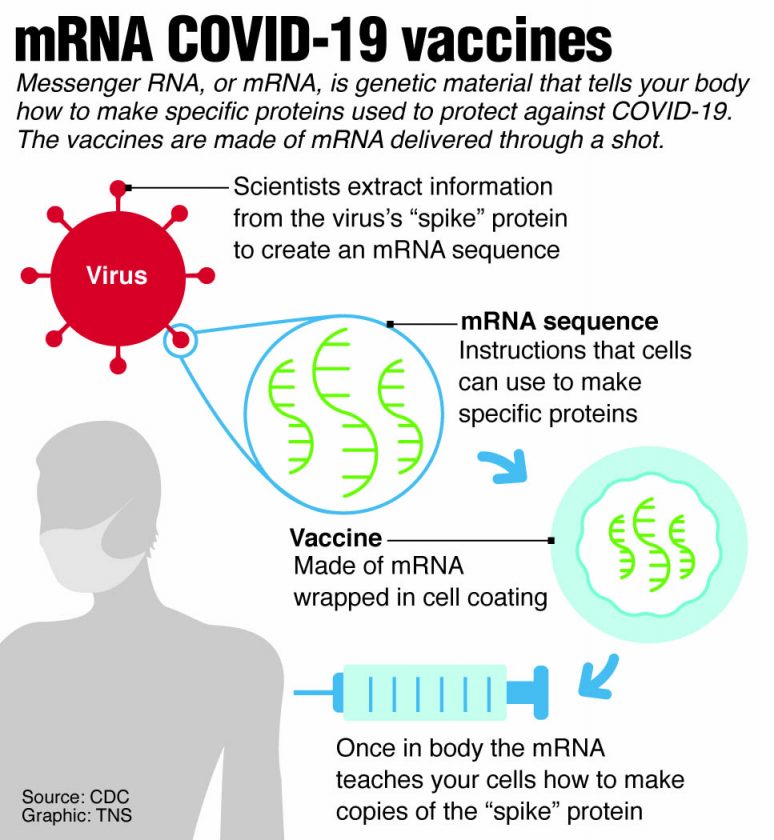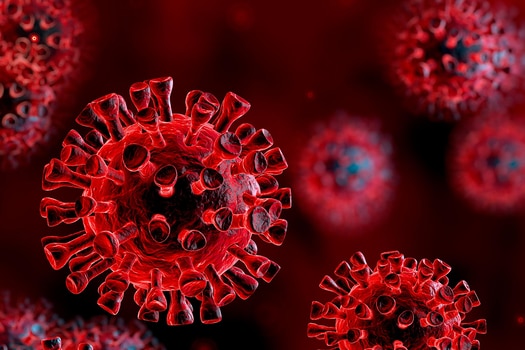With the pandemic creating chaos everywhere, one of the ways to limit that chaos is through vaccines. It has been said to strengthen the immunity of people who have been given the shot. Yet with the pandemic taking a longer time, these vaccines may be rendered useless as time goes on. Therefore, vaccines may need to protect their host for longer than the pandemic.
How long would immunity from COVID-19 vaccines last?
Luckily, most of the vaccines have been approved for use as it boasts good efficacy rates and are capable of generating high immune responses against the SARS-COV-2 virus. The dilemma appears as the pandemic goes on and the vaccine’s effects become to lower with newer variants being discovered. Lowering efficacy, and antibody count is also making them susceptible to breakthrough infections.
With all the odds stacked up against the vaccine, we have no clear information of how well protected we are, or how far we would be protected from coronavirus. What does it mean for the coronavirus vaccines we have?
Difference between natural and vaccine-driven immunity
There are mainly two ways of generating antibodies in order to protect oneself from the virus. The first is to be exposed to the virus and getting infected (in which the body naturally creates antibodies) or by vaccines, in which it mimics the infections and generates antibodies.

Both generates immunities and offers a similar degree of protection, however both also differs in timing. Natural immunity is said to last differently for any individual (up to 8 months, according to a research published in Science), while vaccine-driven immunity goes over and beyond and offers additional levels of protection. It is for this reason that people who have already fought the virus are advised to get vaccinated.
Despite the fact that vaccines offer added advantage to the immune system, it’s important to remember that it is still experimental in nature, so no one can say exactly how long vaccine-driven immunity may last. Having said that, different vaccines do tend to work differently, and hence, may offer different levels of protection and lasting immunity.
Does vaccine-driven immunity withstand mutations?
The newer variants of the virus are feared for their high infectivity and transmission rates. It is also believed that the mutations present in the virus allow it to surpass some of the immune defenses present in the body, thus lowering the efficacy and protection mounted by the vaccine.
The Delta variant which has now been held responsible for the rapid surge in cases across the world, could be the scariest since it can reduce vaccine-driven immunity considerably. There has even been a rise for vaccinated people to catch the infections during the recent wave.

Other than the Delta variant, there is a high chance that more variants of the virus are to appear, creating an impact on our immunity generated even though we are vaccinated. Research is still underway to conclude the same.
Can vaccines give lifetime protection?
Currently, no vaccines could completely give 100% efficacy rate. Yet it has been observed that some vaccines may be more effective than others. mRNA vaccines, or messenger RNA technology vaccines, for instance have been found to offer a much higher degree of protection in comparison to other vaccines.
A recent study conducted on people who received mRNA vaccines, published in Nature found out that there are some vaccines, such as Pfizer’s and Moderna which were the most likely to mount good immune responses that could last years on. Though more research is needed to conclude as such, this could be the first study which hints at lifetime protection granted by the vaccines.
Additionally, the study has also been able to establish that both the mRNA vaccine candidates offered high levels of protection after both doses. Volunteers in the focus group were tested for COVID-19 every week for 13 weeks. The results conclude that the dearth of positive tests and high antibody prevalence over the months proved that both the vaccines provided immunity which was long-lasting.
What about booster shots?
Though some vaccines have been proven to be well-effective and resistant, booster shots are currently being experimented on to prove if it does provide possibility of additional protection from the virus.
A study at Oxford University found that a potential third booster shot of the Oxford-Astrazeneca vaccine which is delivered 10 months after the initial shot could scale up the immune response in a much better way. Other than that, it provides lasting immunity unlike that is observed with a regular two-doses of vaccine shots.






